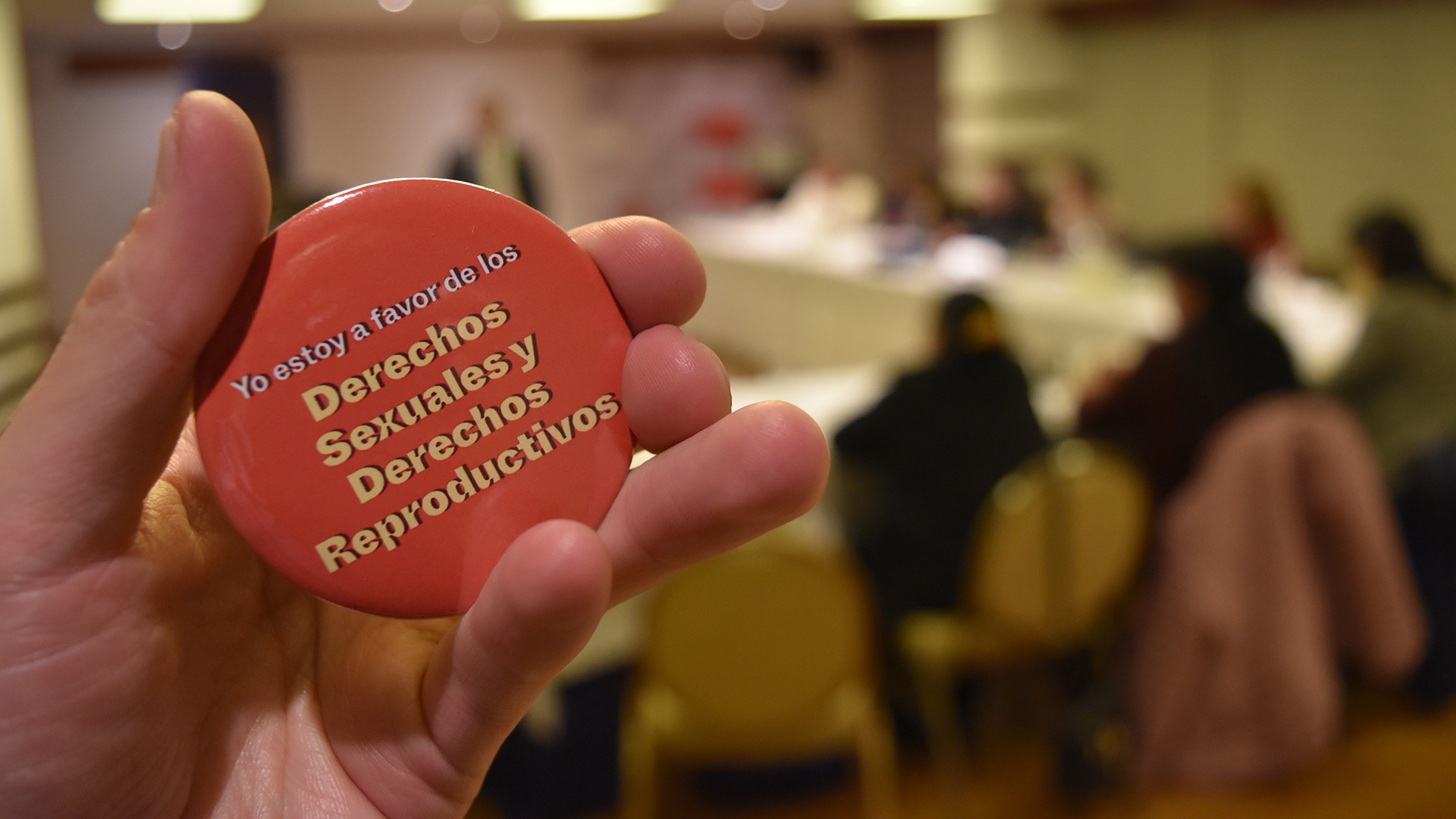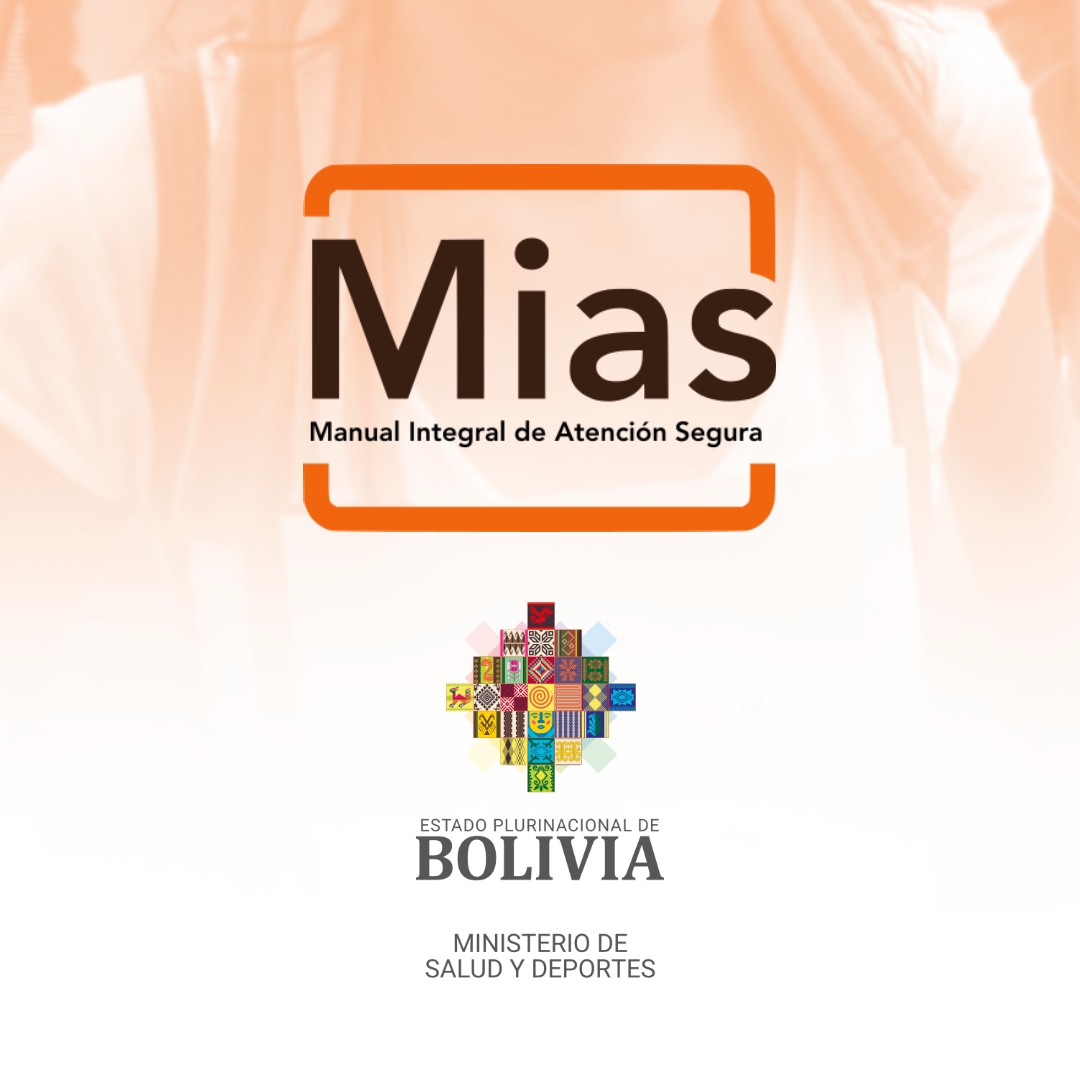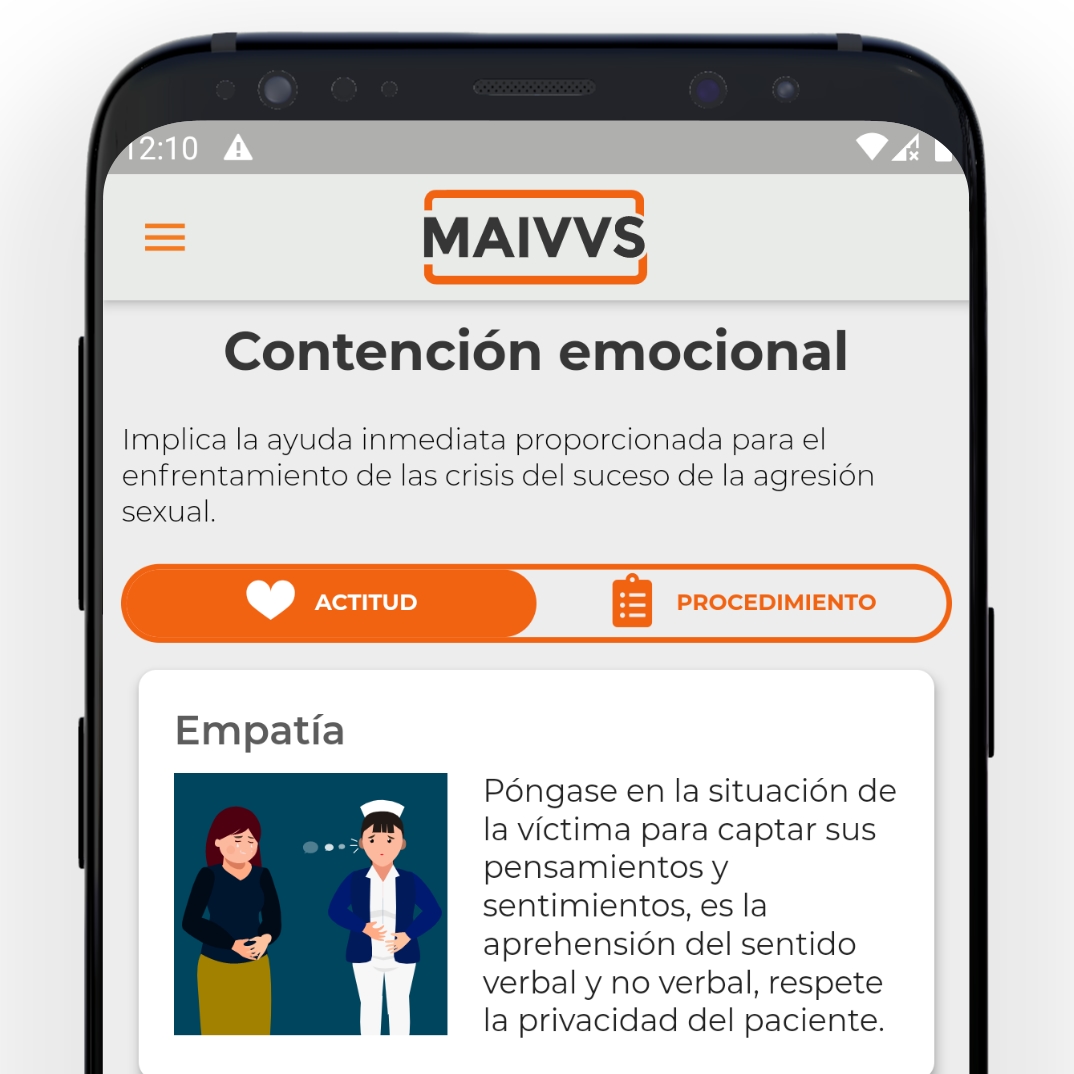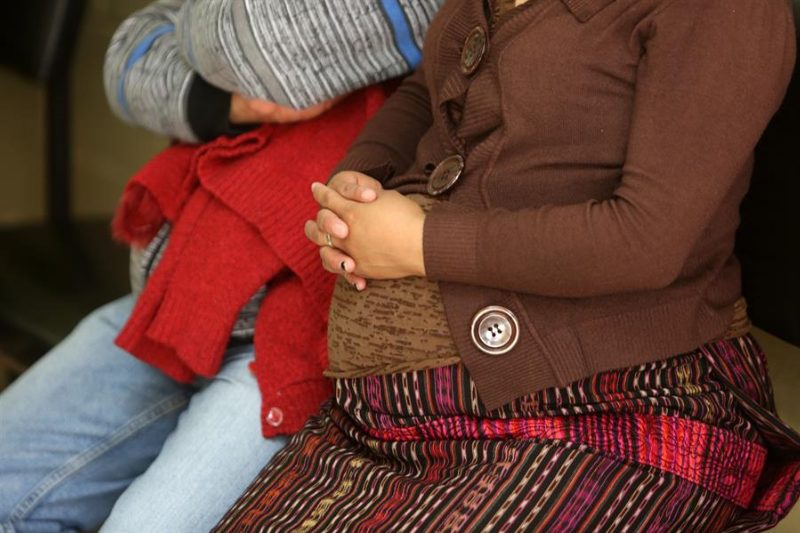Bolivia has registered in the last 10 years 4,804 marriages of adolescents between 16 and 17 years of age, while unions of girls between 12 and 15 years of age total 487, in addition to 458,246 pregnancies of minors, according to the report ‘Interrupted Dreams’ presented by the Ombudsman’s Office.
The study takes as a margin the marriages reported in the Civic Registration Service (Serecí) between 2017 and September 2023, which establishes that of the 4,804 adolescent marriages “38 % are of 16-year-old adolescents and 62 % of 17-year-old adolescents”.
While “487 marriages of 12-year-old girls and adolescents of 13, 14 and 15 years old” are registered, despite the fact that a law has been in force in the country since 2014 that establishes 16 as the minimum age for the formalization of these unions.
Pregnancies resulting from rape
The human rights defender entity has also reported that between 2015 and September 2023, “458,246 pregnancies in girls and adolescent women” were registered with a “clear trend of decrease” in the last time.
The report states that the highest number of pregnancies of minors in Bolivia between the ages of 12 and 14 occurred in 10 municipalities that registered at least 35 such cases in 2022. Half of them were in rural jurisdictions such as Riberalta, Guayaramerín and San Borja, in Beni, and Montero and San Ignacio de Velasco, in Santa Cruz.
The municipalities with more pregnancies among girls and adolescents are Santa Cruz (428), Trinidad (144) and Riberalta (79). The report also highlights that in San Javier, in Beni, pregnancies of girls between 10 and 14 years of age represent 40% of births.
Legalize abortion
In view of this, the Ombudsman’s Office recommends that the most affected municipalities make a “reallocation of budgets” to achieve a decrease in these cases and orient their population “on access to legal termination of pregnancy“.
Abortion in Bolivia is punishable by imprisonment except in cases of rape or if the woman’s life is in danger, although to terminate a pregnancy a court order was required, which could take months to be issued.
In 2014, the Constitutional Court issued a ruling that established that such judicial authorization is not necessary and that a simple copy of the rape report or a medical report, as appropriate, is sufficient to access the termination of pregnancy.
Feminist organizations are calling for Bolivia to have a law on sexual and reproductive rights to guarantee the health and lives of girls and women.















